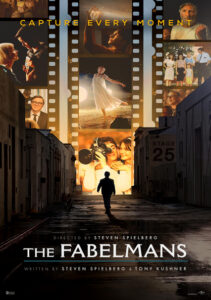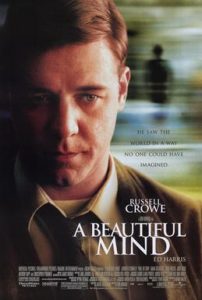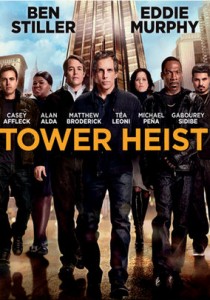Ordinary People-1980
Director Robert Redford
Starring Mary Tyler Moore, Donald Sutherland, Timothy Hutton
Scott’s Review #1,500
Reviewed November 15, 2025
Grade: A
Ordinary People (1980) demonstrates that a quiet film with excellent writing and superb acting can pack an emotional punch, surpassing the gimmicks or action sequences that other films often employ to draw attention.
It’s character-driven and tells a story of a family tragedy and the ramifications and complications that affect the surviving members. The emotional intelligence that director Robert Redford embeds in the film is astonishing.
Deservedly winning the 1980 Best Picture Academy Award, it proves how crucial good writing and good characters are to a quality film.
Significantly, it propelled 1970s television sitcom star Mary Tyler Moore, known until then as the iconic girl-next-door type, into cinematic respectability. Her narcissistic, uptight character was uncharted territory and a career risk for the actor who ended up exceeding expectations.
Tortured by guilt following the death of his older brother, Buck, in a sailing accident, we meet the alienated teenager Conrad Jarrett (Timothy Hutton) right off the bat, following a failed suicide attempt.
Returning home to his affluent Chicago suburban life following an extended stay in a psychiatric hospital, Conrad tries to deal with his mental anguish and also reconnect with his mother, Beth (Mary Tyler Moore), who has grown bitter after the accident.
His emotionally wounded father, Calvin (Donald Sutherland), tries to gently repair the family damage with the help of a psychiatrist, Dr. Berger (Judd Hirsch), who begins to treat Conrad.
The screenplay, written by Alvin Sargent, is based on the 1976 novel by Judith Guest.
Combined with Redford’s masterful direction, the story never shifts to a soap opera direction with Calvin or Beth having affairs, turning to booze, or other showy plot devices, intent on stirring up drama.
Instead, it’s about how they and Conrad handle their trauma. Each has an individual view of the events, who they blame, and how they cope with such trauma.
The audience can easily empathize and relate to the incidents if anyone has faced a death, loss of a job, an accident, a divorce, or any such upheaval in their lives.
The posh autumnal suburban landscape is enveloped by Redford, which enhances the experience. The Jarretts’ affluence is put to good use as they attend local theater, play golf, take European vacations, and can afford to send Conrad to a psychiatrist.
Exterior shots of large suburban homes, accompanied by luxury cars, housekeepers, well-manicured lawns, and sleek golf courses, all convey the comforts of life.
It makes their pain a bit more understandable as they, especially Beth, soak in luxury as a way of comforting herself from the loss of her son.
Can’t their money help alleviate some of the suffering?
I had mixed emotions about Beth’s character. Appearing to be a cold bitch with Conrad and the assumption that she favored the dead son, she never visits Conrad in the hospital after his suicide attempt, instead fleeing to Europe on vacation. She engages in small talk with him rather than caring for him.
What kind of mother could do that?
But I realize that she is hurting too, and when she becomes teary-eyed or crumbles in her husband’s arms, I feel genuine sympathy for her, a testament to Tyler Moore’s talents.
My favorite character, though, is Conrad (Hutton).
Via flashbacks, we see the closeness of the brothers’ relationship and the action that occurred during the drowning.
Hutton delivers on many levels. Whether staring into the distance, pondering events, exploding with rage, tenderly sharing a date with a blossoming love interest, Jeannine (Elizabeth McGovern), or struggling with a friend, Karen, his performance is always inspiring.
Ordinary People (1980) marks his directorial debut; Redford crafts a family drama rich in layers and a beautifully moving pace that draws the viewer into the lives of the primary characters.
The still taboo of mental illness and therapy is also embraced, showing that expressing feelings is better than repressing emotions.
Oscar Nominations: 4 wins-Best Picture (won), Best Director-Robert Redford (won), Best Actress-Mary Tyler Moore, Best Supporting Actor-Timothy Hutton (won), Judd Hirsch, Best Adapted Screenplay (won)




